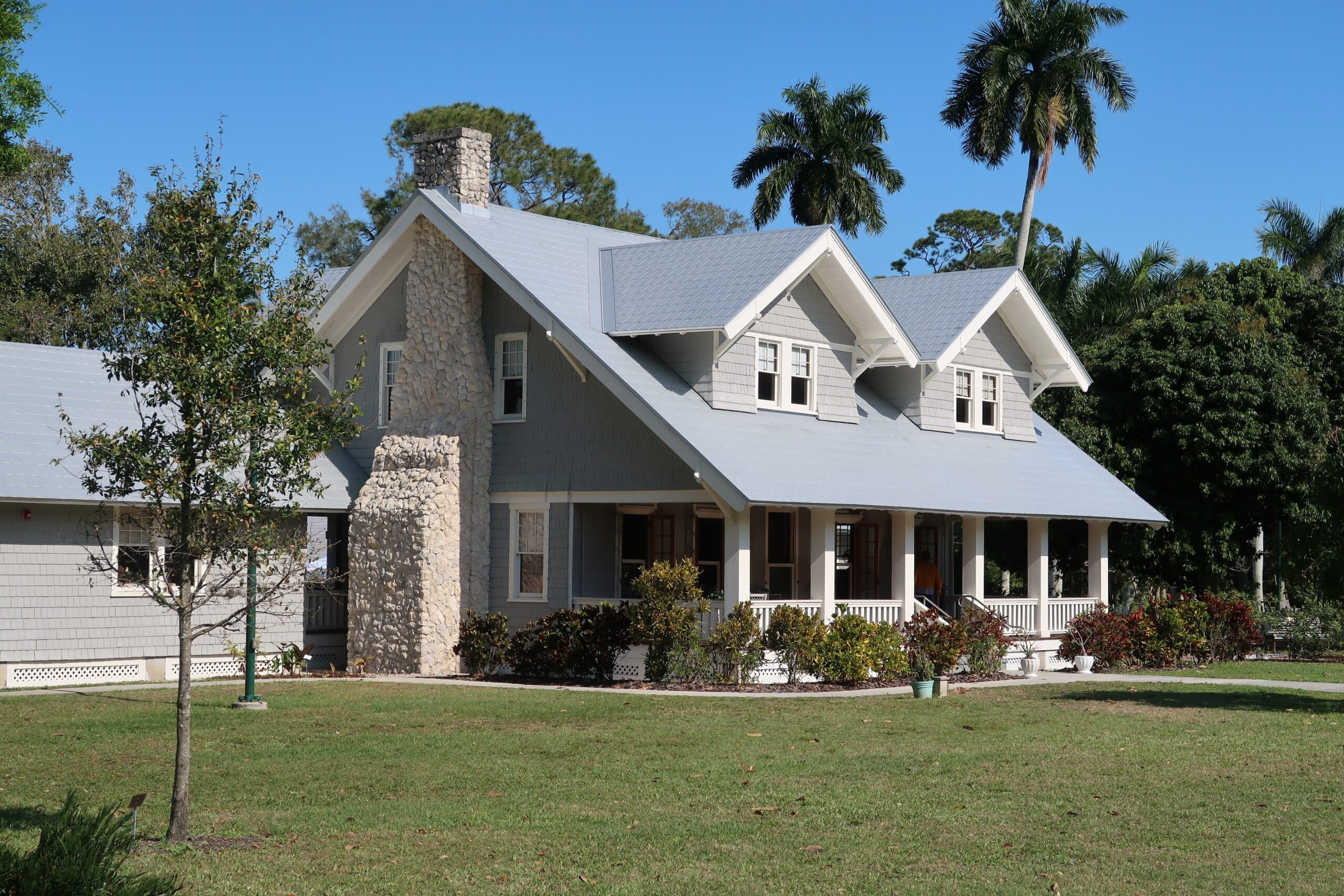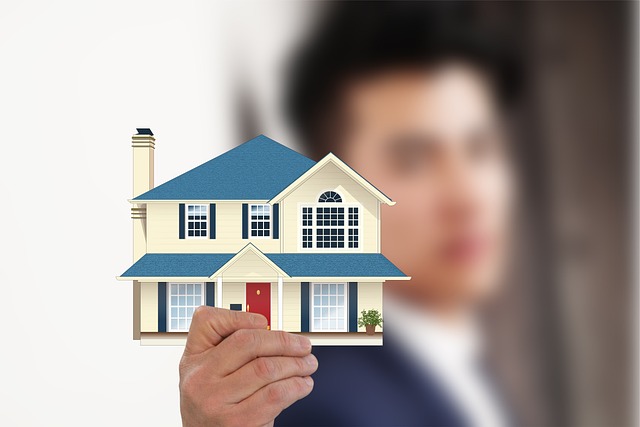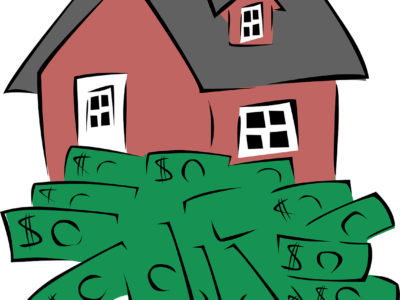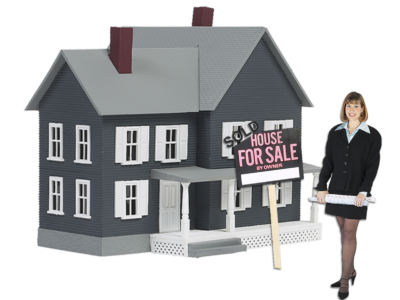

Personal finance is an ever-evolving landscape, and one question has been consistently stirring the proverbial pot: “Is buying a home better than renting?”
This question carries substantial weight, touching upon the fundamental notions of financial stability, long-term planning, and that elusive concept we all chase- homeownership.
In this blog, we shall not just dive into the age-old debate of owning versus renting; we shall unlock the doors to a realm of possibilities where property becomes a dynamic force of wealth creation.
Join us on this journey as we explore real estate investment advice and discover how homeownership as an investment could redefine your financial future.
Whether you’re a seasoned homeowner, a prospective buyer, or simply intrigued by the potential of real estate, this exploration is your guide to making informed, empowered decisions.
Let’s begin the conversation that could shape your financial destiny.
Is Buying a Home Better Than Renting: A Comprehensive Analysis
Property Investment Strategies
When pondering the age-old question, “Is buying a home better than renting,” it’s essential to consider the various property investment strategies that come into play.
Buying a home is not just about finding a place to live; it’s a strategic move in the financial chess game.
Unlike renting, homeownership allows you to build home equity and wealth over time, a key component of many property investment strategies.
Home Equity and Wealth Building
Among the most compelling aspects of buying a home is the opportunity to accumulate home equity. This is the difference between your property’s market value and the remaining balance on your mortgage.
As you make mortgage payments, your equity grows, effectively serving as a form of forced savings.
Over time, this can translate into substantial wealth building, a feat that renting simply can’t replicate.
Rental Property vs. Buying a Home
To truly understand the advantages of buying a home over renting, it’s crucial to compare rental property vs. buying a home.
When you rent a property, you’re essentially paying someone else’s mortgage and contributing to their wealth.
However, when you buy, you’re investing in yourself and your financial future.
By evaluating the long-term costs and benefits, you can make an informed decision tailored to your financial goals.
Property Appreciation and ROI
One of the major perks of homeownership is the potential for property appreciation and a favorable return on investment (ROI).
Real estate markets have historically shown a propensity to appreciate over time, meaning that the value of your property could increase significantly.
When combined with the financial benefits of tax advantages and mortgage interest deductions, the ROI of owning a home becomes even more appealing.
Financial Benefits of Buying a Home
While the financial benefits of buying a home are numerous, they extend far beyond equity and ROI.
There are tax advantages of real estate investment that can help reduce your overall tax liability.
Mortgage interest deductions and property tax deductions can significantly impact your annual tax returns; thus putting more money back into your pocket.
Homebuying for Long-Term Financial Goals
The decision to buy a home should align with your long-term financial goals. If you envision stability, wealth accumulation, and a sense of ownership, then buying a home may be the right path for you.
Homeownership provides a tangible asset that can secure your financial future and play a crucial role in achieving your long-term objectives.
Location and Property Value Growth
When considering whether buying a home is better than renting, remember to examine the location and property value growth potential.
Real estate markets vary widely, and some areas may offer more significant potential for appreciation than others.
Researching and choosing the right location can have a substantial impact on your investment’s success.
Homeownership for Retirement Planning
Homeownership can play a pivotal role in retirement planning. As you pay down your mortgage, you’ll own an asset that can provide stability and even generate rental income in your retirement years. This can serve as a valuable resource of financial security, allowing you to enjoy your golden years with peace of mind.
What Are the Pros and Cons of Buying a Home?
The following are the pros and cons of buying a home.
Pros of Buying a Home
1. Long-term Investment Potential
One of the most pivotal advantages to consider when facing the question “Is buying a home better than renting” is the long-term investment potential.
When you buy a home, you’ll be building equity and potentially benefiting from property appreciation, making it a solid choice for investing in residential properties.
2. Equity Building
Homeownership allows you to accumulate home equity, essentially a form of savings. Over time, this can provide you with a sense of financial security and serve as a valuable asset.
3. Tax Benefits
There are tax advantages associated with owning a home. Mortgage interest deductions and property tax deductions can lead to substantial savings come tax season.
4. Stability and Control
Owning a home offers a sense of stability and control over your living space. You can make improvements, decorate the home to your liking, and avoid the uncertainties of rent increases and lease renewals.
5. Potential for Rental Income
If you have extra space or invest in a multi-unit property, you can generate rental income, making homeownership a source of passive income.
6. Sense of Ownership
There’s a sense of pride and ownership that comes with buying a home. It can be emotionally fulfilling to have a place to call your own.
Cons of Buying a Home
1. Initial Costs
Buying a home typically requires a significant upfront financial commitment, including a down payment, closing costs, and ongoing maintenance expenses.
2. Market Risks
The housing market trends and investments can be unpredictable. While property values can appreciate, they can also decline. This can severely affect your investment.
3. Mortgage Rates
Mortgage rates can fluctuate, impacting your monthly payments and overall cost of ownership. It’s essential to consider mortgage rates and investment decisions before buying a home.
4. Real Estate Market Risks
The real estate investment risks associated with buying a home include economic downturns, natural disasters, and unforeseen market shifts that can affect the value of your property.
Conclusion
In the grand debate of “is buying a home better than renting?”, we’ve explored the intricacies of homeownership, dissecting its pros and cons, and shedding light on the opportunities it presents as an investment.
As we wrap up this discussion, it’s evident that the answer isn’t a one-size-fits-all solution; it depends on your unique circumstances, goals, and priorities.
Homeownership, with its potential for long-term wealth building, tax advantages, and the emotional satisfaction of owning a piece of the world, is a path many aspire to tread. However, it comes with financial responsibilities and market risks that demand careful consideration.
While renting provides flexibility and a lower initial financial barrier, it may not offer the same investment potential that buying a home does. The decision ultimately rests on your financial outlook, lifestyle, and future aspirations.
To stay informed about the ever-evolving world of real estate, subscribe to the Estateinsights blog for more insights, tips, and guidance on navigating the complex terrain of property investment. Whether you’re a seasoned homeowner or someone contemplating their first real estate venture, our blog is your go-to resource for all things related to real estate and investment.
Thank you for joining us on this journey to unravel the intriguing age-old question, “Is buying a home better than renting?” We look forward to sharing more valuable insights with you in the future.
Happy house hunting or renting, and may your choice lead to a prosperous and fulfilling journey ahead.











[…] However, there are also a few compelling arguments against waiting. Most notably, the economy and housing market are unpredictable, and you may wait a long time before house prices and mortgage rates make significant declines. Moreover, prices may remain the same or even rise instead of falling. It is also worth noting that average rent prices are rising, so buying a home may make more financial sense. […]
[…] change in individuals’ perceptions of owning homes. Many people are preferring to rent instead of buying homes due to uncertainty and financial constraints. This has led to rental prices increasing in certain […]
Thanks for sharing. I read many of your blog posts, cool, your blog is very good.